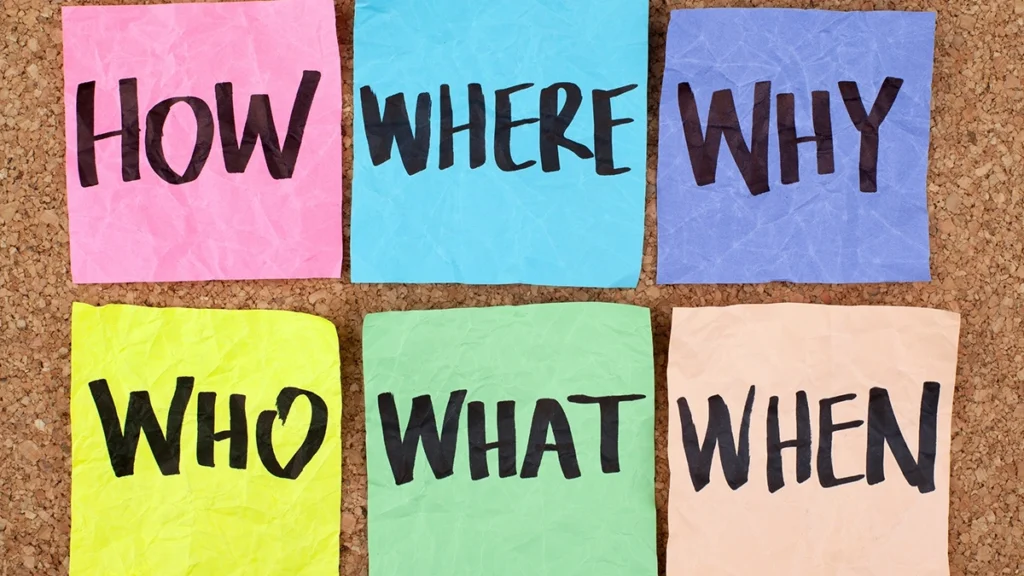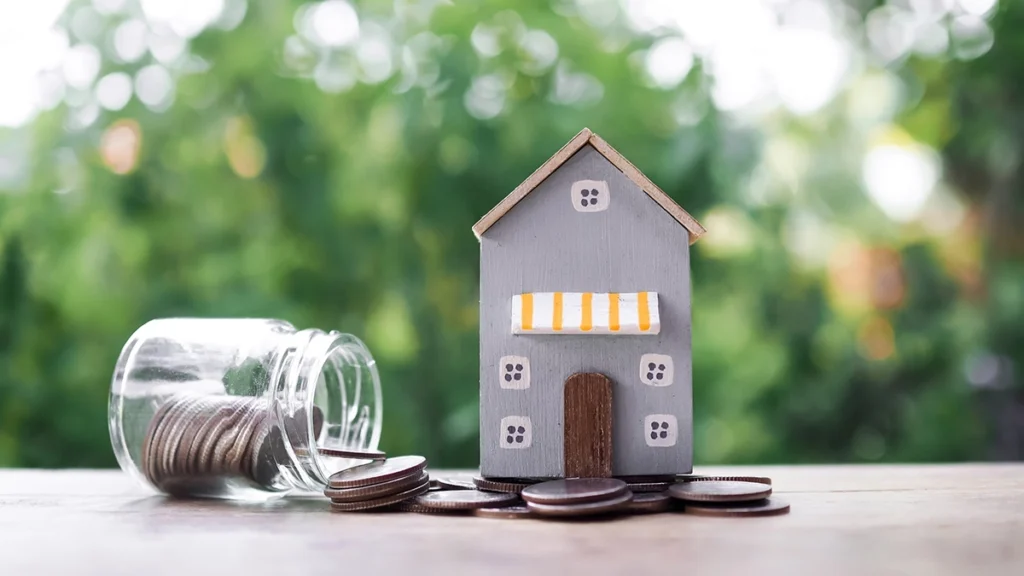Estate planning is not just about paperwork; it is about love, protection, and legacy. Every homeowner wants to know their family will be cared for and their home will stay in the right hands when the time comes. Yet between court processes and confusing legal terms, that simple wish can quickly become stressful.
The Lady Bird Deed offers a clear path forward by helping families stay in control, avoid unnecessary costs, and ensure their home passes smoothly to loved ones.
The following guide answers the most common questions about how this powerful tool works and why it continues to bring peace of mind to families across generations.
What Is a Lady Bird Deed?
A Lady Bird Deed is a legal document that lets a property owner keep complete rights over their home during their lifetime. They can live there, sell it, refinance, or take out a loan without needing the consent of the future beneficiary. When the owner dies, ownership automatically transfers to the named beneficiary. Unlike a will, no court action is required to complete the transfer.
Why Do Homeowners Use a Lady Bird Deed?
The main reason is to avoid probate. Probate is the court process that proves a will and settles an estate. It can take months, cost thousands in attorney fees, and delay the transfer of property. A Lady Bird Deed bypasses probate for that property, making the transfer nearly immediate. It also reassures families that their loved ones will not face legal obstacles at a difficult time.
Where are Lady Bird Deeds Recognized?
Not every state allows Lady Bird Deeds. They are legally recognized in Florida, Texas, Michigan, West Virginia, Vermont, and North Carolina. Homeowners outside these states must explore other estate planning tools, but within these states, Lady Bird Deeds are well established and widely used.
How Does it Differ From a Traditional Life Estate?
A traditional life estate deed gives someone the right to live in the home for life but restricts their ability to sell, refinance, or change the beneficiary. A Lady Bird Deed, however, keeps all those rights in the hands of the original owner. This flexibility is why many families prefer it.
Does a Lady Bird Deed Override a Will?
Yes. If a homeowner signs a Lady Bird Deed naming a beneficiary and later writes a will that names someone else for the same property, the deed controls. The will cannot override the deed. This makes the Lady Bird Deed a powerful and reliable planning tool when executed correctly.
Can The Homeowner Still Sell or Refinance?
Absolutely. One of the defining features of a Lady Bird Deed is that it allows the homeowner to keep full control. They can sell the home, refinance the mortgage, or even change the beneficiary without needing anyone else’s consent. This flexibility is a key advantage over other deed types.
Does it Protect Against Medicaid Recovery?
In many cases, yes. When properly structured, a Lady Bird Deed allows the home to pass directly to heirs without being counted in the Medicaid estate recovery process. That means the state cannot seek repayment for long-term care expenses by forcing the sale of the home after the homeowner’s death. For a 68-year-old Florida homeowner, for example, this can be a lifeline—she may enter a nursing home years later with Medicaid support, yet her children can still inherit the home free of probate and recovery claims.
How Does a Lady Bird Deed Impact Taxes?
Because the transfer happens at death, beneficiaries receive a “step-up” in basis. This means the property is valued at its fair market value at the time of inheritance. If the heirs later sell the home, they pay capital gains tax only on the difference between that stepped-up value and the sale price, not on the increase from when the original owner first bought it.
Can Multiple Beneficiaries be Named?
Yes. Homeowners can name more than one beneficiary. If multiple heirs are listed, they will generally inherit the property as co-owners. Clear wording in the deed helps avoid disputes later. Families often name siblings together, ensuring that the property passes smoothly to the next generation.
What Happens if A Beneficiary Dies Before the Owner?
If the named beneficiary passes away before the homeowner, the transfer will not occur to that person. The homeowner may update the deed to name a new beneficiary. If they do not update it, the property may pass through probate at death. This is why many attorneys advise reviewing the deed periodically.
Is an Attorney Required to Create a Lady Bird Deed?
While the law does not require an attorney, accuracy is crucial. Errors in drafting or recording can cause the deed to be invalid. Many families choose to use professional document-preparation services that specialize in Lady Bird Deeds. These services ensure that the deed meets state-specific requirements and is properly recorded with the county clerk.
Does a Lady Bird Deed Affect a Mortgage?
No. Existing mortgages remain in place, and lenders cannot accelerate the loan just because a Lady Bird Deed has been filed. The homeowner continues making payments as before. If they later refinance, they retain the right to do so, and the deed does not interfere.
How Is a Lady Bird Deed Recorded?
After the deed is signed and notarized, it is filed with the county clerk where the property is located. Once recorded, it becomes a matter of public record. When the homeowner dies, the beneficiary files the death certificate with the clerk to finalize the transfer. The process is typically straightforward and quick.
Can a Lady Bird Deed be Revoked?
Yes. Because the homeowner retains full control, they can revoke or change the deed at any time during their lifetime. This ability to update the plan provides peace of mind, knowing that future circumstances can be accommodated without legal complications.
The Process
To understand the practical impact, consider a 62-year-old Florida homeowner who wanted her son to inherit the family home. She created a Lady Bird Deed but later refinanced to upgrade her kitchen. The deed remained valid, and when she passed away years later, her son recorded her death certificate with the county clerk. The property transferred instantly, saving the family months of court involvement and thousands in fees. This kind of outcome shows why many households turn to Lady Bird Deeds as part of their estate planning toolkit.
What Are the Main Benefits to Families?
For most families, estate planning is not about wealth but about peace of mind. A Lady Bird Deed provides a simple way to protect what matters most, the family home, while keeping control and avoiding unnecessary stress and expenses. Each of the following benefits highlights why so many homeowners choose this approach as part of their legacy plan.
Avoiding Probate
The most immediate and powerful benefit of a Lady Bird Deed is avoiding probate. Instead of waiting months for court approval, ownership transfers directly to the named beneficiary in just a few days once the death certificate is recorded. This not only saves time but also shields the family from the emotional toll of navigating the court system during an already difficult time.
Keeping Control
A Lady Bird Deed allows the homeowner to remain in complete control throughout their lifetime. They can sell, refinance, or even change beneficiaries at any time without needing anyone’s consent. This flexibility gives families confidence that the homeowner’s needs always come first, while still ensuring the home will pass smoothly to loved ones later on.
Saving Money
Probate costs can add up quickly through attorney fees, court filings, and administrative charges. By transferring ownership outside of probate, a Lady Bird Deed helps families preserve thousands of dollars that would otherwise go toward legal processes. Those savings can instead support loved ones or help maintain the home for future generations.
Reducing Stress
When a loved one passes away, the last thing a family needs is legal uncertainty. A Lady Bird Deed provides a clear, predictable process that removes confusion and delays. Heirs can move forward with confidence knowing the home is protected, allowing them to focus on healing and honoring their loved one’s legacy instead of dealing with complicated paperwork.
Key Takeaways
- Lady Bird Deeds let property pass outside probate while keeping the owner in control for life.
- They override wills for the property once recorded and properly executed.
- They are recognized only in Florida, Texas, Michigan, West Virginia, Vermont, and North Carolina.
- They can protect against Medicaid recovery and provide tax advantages for heirs.



